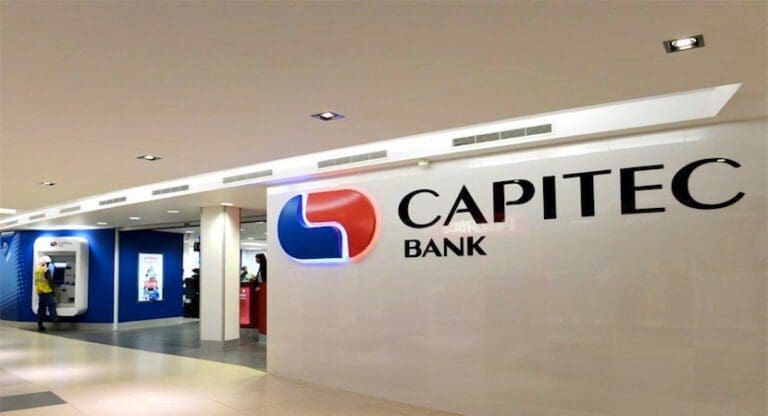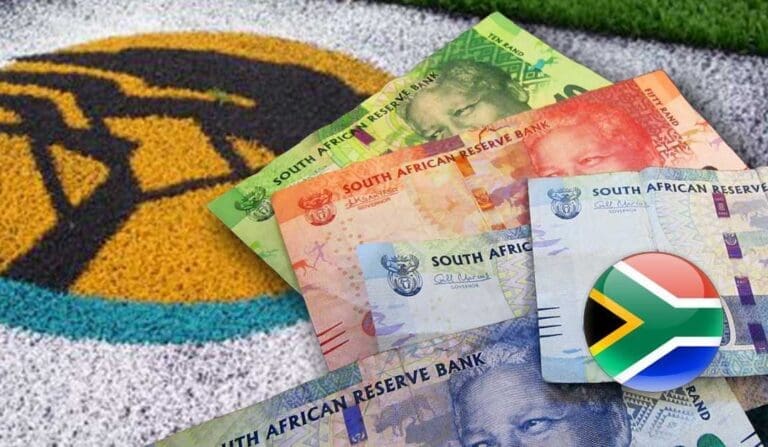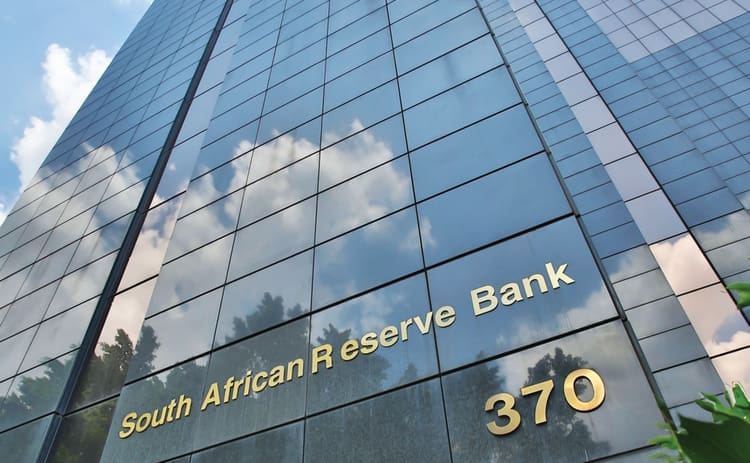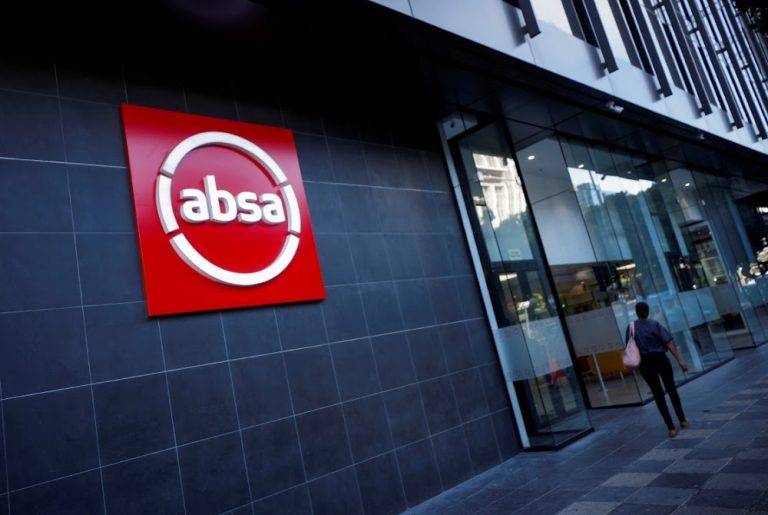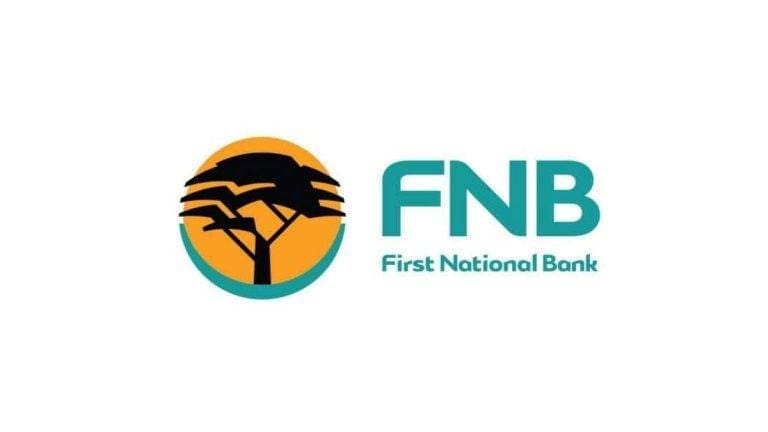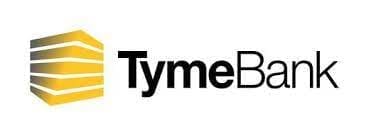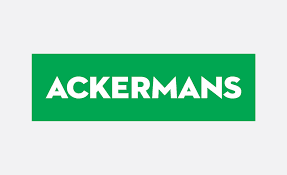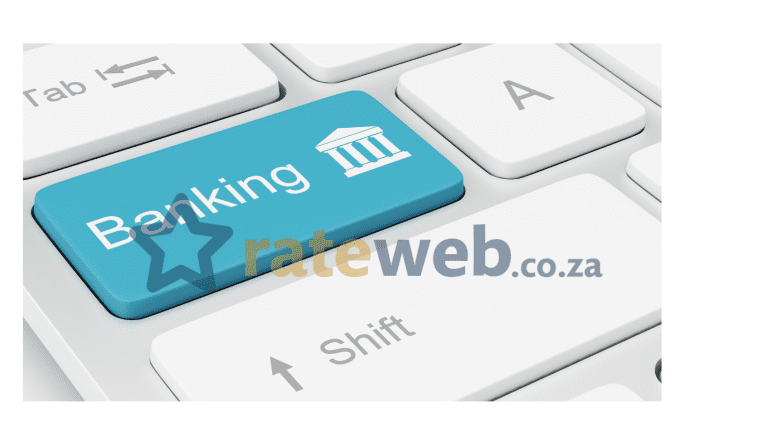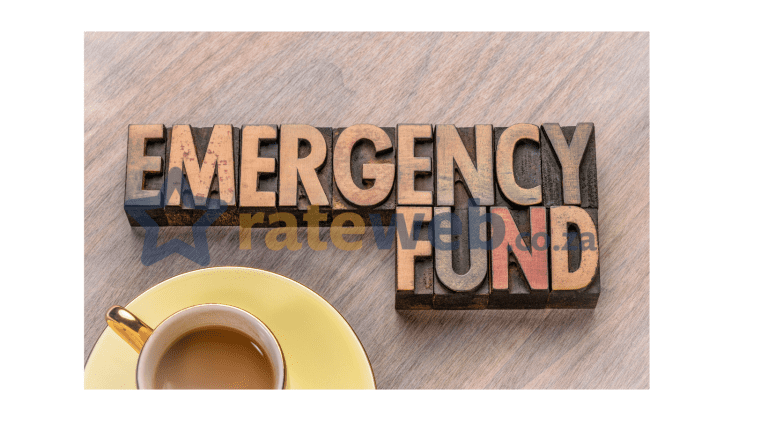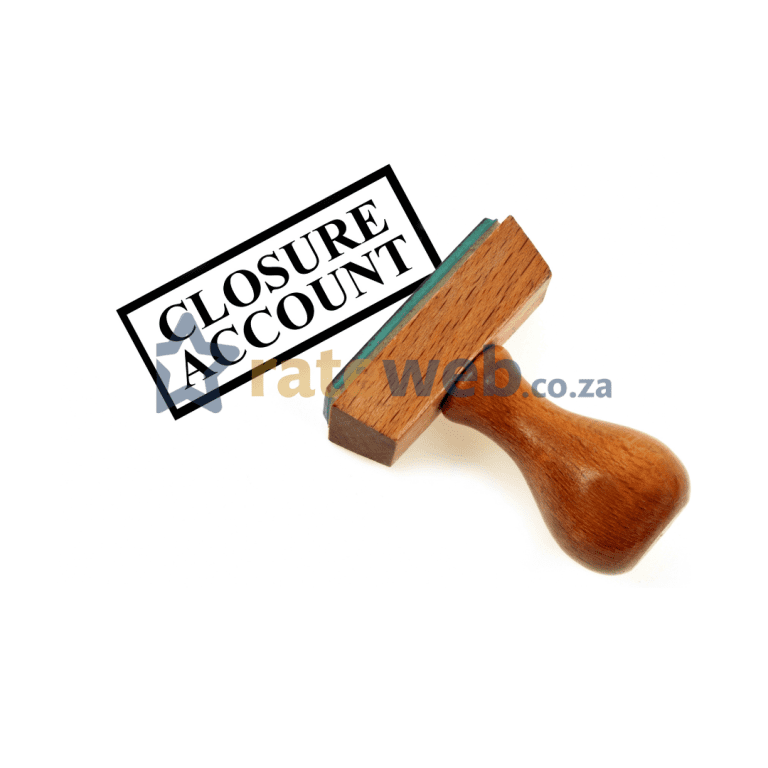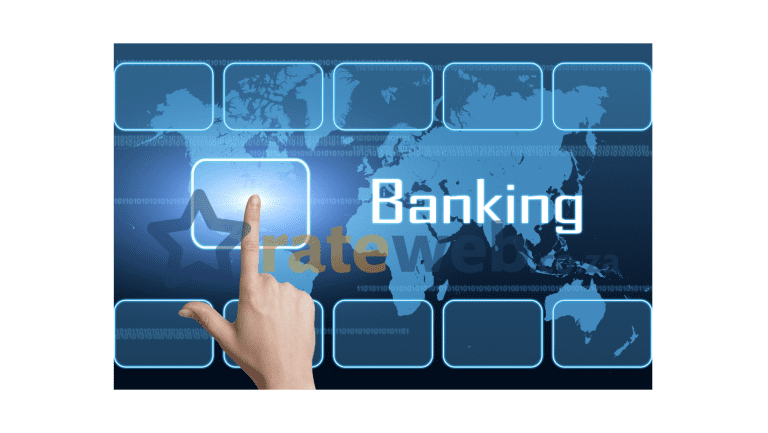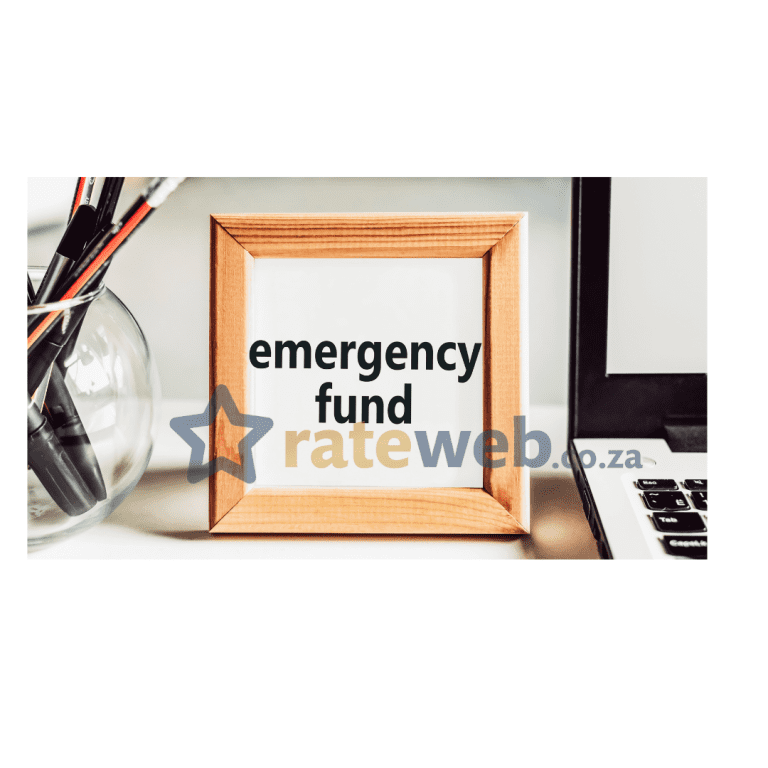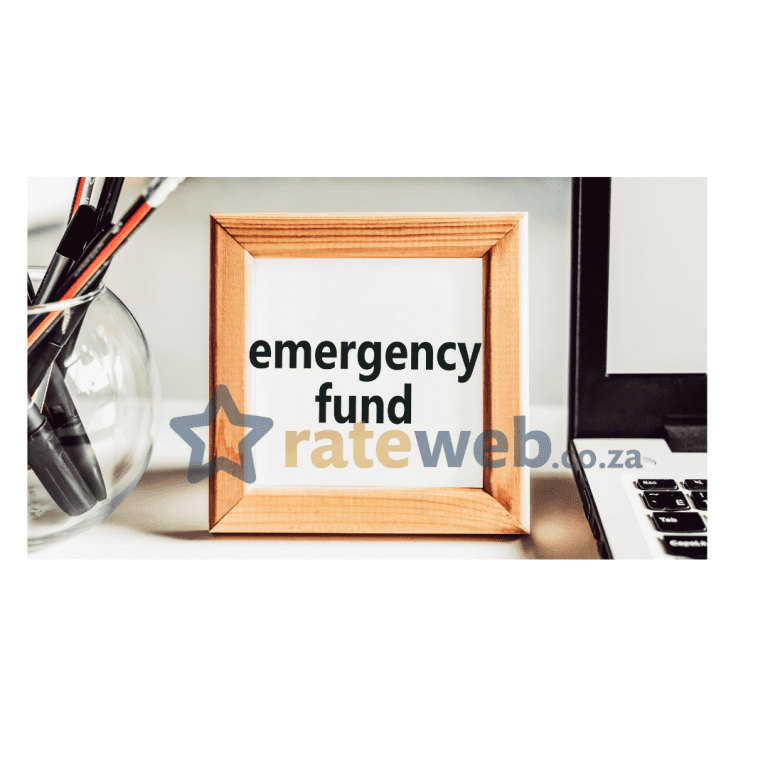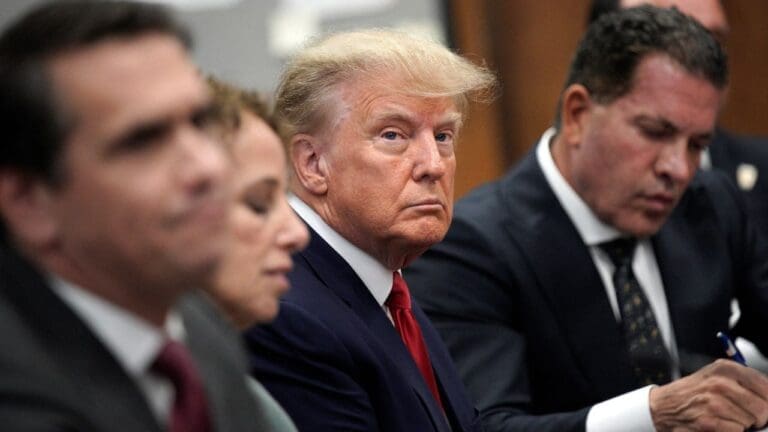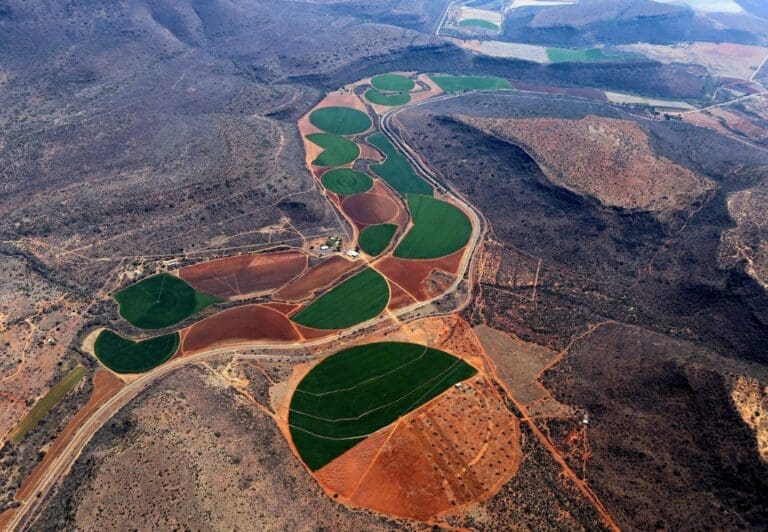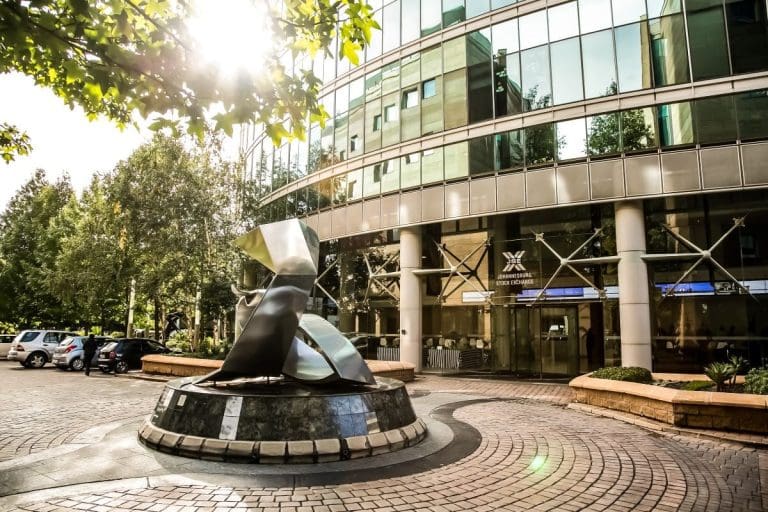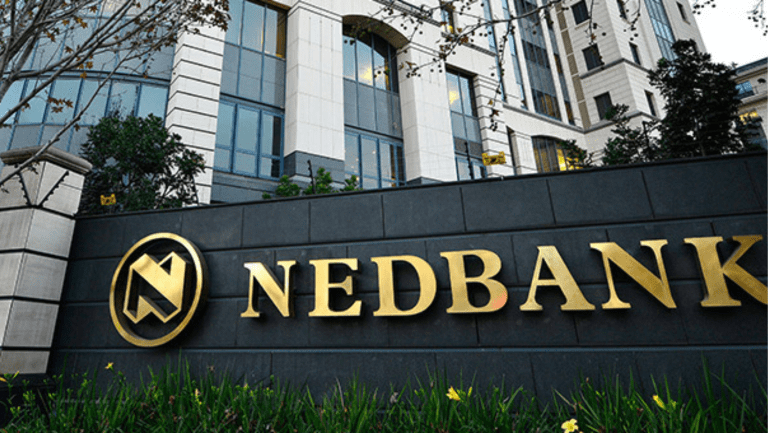Rich South Africans have been on record for hiding their money in offshore accounts to evade tax among other factors.
It would be interesting to note where rich South Africans are safeguarding their money.
This article will zone in on 10 countries where the affluent South Africans are hiding their money.
1. Marshall Islands
Majority of rich South Africans have been investing their money in the Marshall Islands, which is located in the middle of the Pacific Ocean.
The Republic of Marshall Islands is unique in that companies registered there, do not pay taxes.
Additionally, setting up a company on the Island is quite easy and can be done from anywhere in the world.
Confidentiality is one of the most important factors in setting up an offshore account, and Marshall Islands provides just that!
Marshall Islands provides confidentiality in setting up your account. There are no requirements for one to file annual accounts.
Most crucially, details of the proprietors of the company are kept strictly confidential.
2. Panama
Just like the Marshall Islands, Panama is also strict when it comes to confidentiality.
People apply for documentation of offshore corporations, trusts, and foundations in Panama. Thus, any violation of confidentiality will receive severe civil and criminal penalties.
Furthermore, companies registered in Panama are exempted from any form of tax.
Among the tax exemptions for these offshore companies are corporate, income and local tax, if a company is set up in Panama while conducting its business outside the country.
3. Macau
Macau is a special administrative region of China.
Although Macau is part of China, it operates independently of China. Macau also has its own currency known as the Macanese Pataca (MOP).
Offshore companies in Macau are fully exempted from paying tax if they do not bank using the local currency.
Additionally, companies in Macau do not have the obligation of paying tax if its business does not involve either Macanese people or companies.
4. Kingdom of Bahrain
Some rich South Africans are said to be hiding their money in the Middle East Kingdom Bahrain.
What makes the Kingdom of Bahrain favourable for hiding money is that companies that do trade in petroleum, oil, or gas are exempted from paying tax.
However, the company shareholding structure is available to the public due to ratified treaties.
5. Lebanon
Just like many tax haven countries above, Lebanon offers a host of tax exemptions including but not limited to profits, stamp duties, inheritance, corporate income, dividend distribution, capital gains and interest taxes.
Lebanon has also proven to have one of the most secretive banking systems in the world.
This makes it an ideal country to hide money as transactions are kept incognito.
6. Luxembourg
Luxembourg is touted as the second richest country in the world with an average GDP per capita of $79,593,91.
Since 1970, the country has stood out as one of the best countries to set up offshore bank accounts due to its favourable tax exemptions.
Furthermore, Luxembourg has laws put in place to prosecute anyone who leaks banking information of any individual to the public.
This places Luxembourg delicately as one of the safest tax havens.
7. Cayman Islands
The Cayman Islands does not offer any form of corporate tax hence many South Africans are actually setting up corporations there.
Corporations formed in the Cayman Islands can retain assets without paying tax at all.
The Cayman Islands, currently in the World’s top 10 biggest banking sector also prides itself in keeping asset owners’ details private
8. United Arab Emirates
Rich South Africans scattered all over the world have taken a keen interest in hiding their money in the United Arab Emirates.
Not only have South Africans been setting up offshore accounts in the UAE, but there has also been a sharp increase of South Africans moving to Dubai.
When one registers a company in Dubai, the identity of the shareholders and directors is kept private. Offshore accounts are also kept confidential.
On top of it all, Dubai doesn’t have any exchange controls put in place which enables easy transfer of funds.
9.Hong Kong
Apparently most South Africans have shifted focus to one of the richest places in the world; Hong Kong.
Hong Kong is China’s first administrative capital and enjoys its own autonomy.
The major reason why Hong Kong is preferred as a safe destination to hide money is that income gained outside Hong Kong is tax-exempt.
In addition to that, companies’ interests, capital gains and dividends are not subjected to any form of taxation.
10. Switzerland
Even before South Africa gained its independence in 1994, rich South Africans have been traditionally hiding their money in Switzerland.
The stability of the banking sector in Switzerland is the top reason why South Africans opt to bank there.
Further, the Happiest country in the world offers tax exemption to companies that hold 205 or more shares of other companies.
Swiss banks have also been known since at least the 1930s to be the most secretive to hide assets and wealth.
Conclusion
These are the top ten places where the rich South Africans hide their money. The places provide safe keeps for their money and maintain high confidentiality over their clients’ money and services provided. So the next time you need an offshore account, you can as well consider choosing from the list.
Do you need help to emigrate to Canada, USA, Australia, UK or NewZealand? Fill out this form and get proper assistance:



